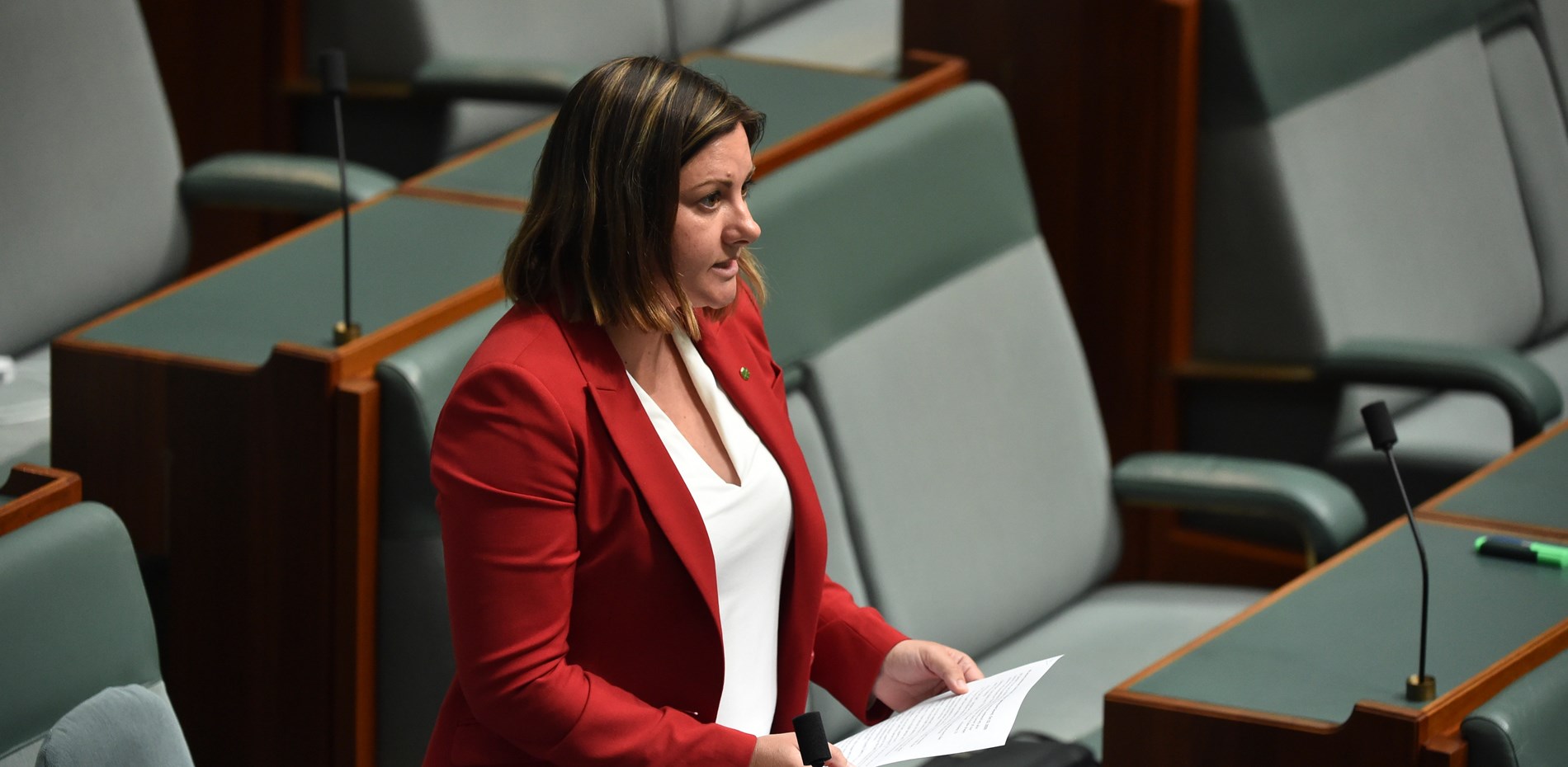According to the charity impact, last year 56 women, 20 children and 18 men died at the hands of a family member in Australia. On average, that is one every four days. Every four days in this country, somebody is killed by somebody who is meant to protect them, care for them and love them. Every four days, this happens, and occasionally it gets some media attention. Occasionally here in the chamber we speak about how outrageous it is. Occasionally some money is thrown at the issue, and consistently we move along, the conversation changes and we wait until the next tragedy. We wait the 94 hours, statistically, until someone else is murdered. How, as a nation, have we seemingly accepted this as a statistic? How, as a people, are we not in the streets every day calling for change? How, as a parliament, are we not working day and night to ensure that we don't see one more act of violence in this country? We have to do better.
The number of deaths in this country is outrageous, but it alone does little to represent the broader impact of domestic violence in our communities. These figures fail to show the number of victims that we don't see. We don't see those that are still in abusive relationships, we don't see the families that are sleeping rough to stay safe from an aggressive parent, we don't see the children who have to grow up in violent households, we don't see the struggle of traumatised single parents trying to support their traumatised children, and we don't see the betrayal felt by victims and the difficulty survivors have in trusting again. There are no signs of this crisis slowing down. All of us in this place, all of us who are elected to help, need to say, 'Enough is enough.' We must do better to support victims and prevent violence in our homes.
I've been in contact with services available in my electorate. Women's domestic violence court advocacy services in my region are under the auspices of the Women's Resource Centre in Bega. Ninety-nine per cent of their referrals come from police after they're called to a domestic violence incident. During the lockdown, they didn't see an increase in requests for help. Once lockdown lifted, they had a 72 per cent increase in referrals since the start of COVID and, most worryingly, a 332 per cent increase in serious threats, where police are called and they have to ask 25 mandatory questions. If you answer yes to 12 of those, you are deemed to be under serious threat of being killed. The Hume-Monaro services had a 62 per cent increase on their services in the last two years alone.
I know that there are many amazing organisations out there working to end domestic violence in this country, but we still have a long way to go. You need to call 1800RESPECT if you need help and call 000 in the case of an emergency. We have to do better. Enough is enough.



